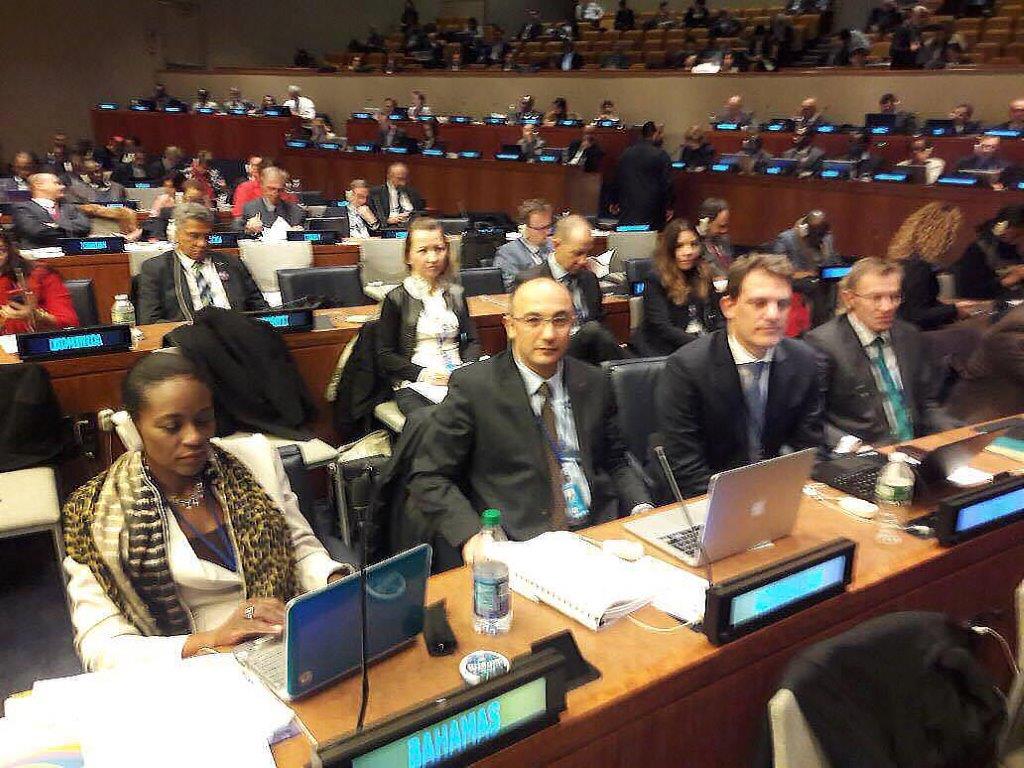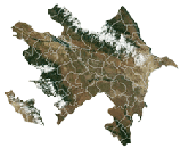49th session of the United Nations Statistical Commission and a High-Level Forum on Official Statistics were held
49th session of the United Nations Statistical Commission and a High-Level Forum on Official Statistics were held in New York on 6-9 March 2018. Yusif Yusifov, Deputy Chairman of the State Statistical Committee of the Republic of Azerbaijan took part in these events.
17 documents were discussed and 15 informative issues were reviewed.
The decisions on reports developed by the relevant Expert and Working Groups regarding the 2030 Agenda for Sustainable Development Goals indicators and data collection, Handbook on Statistical Organization, open data, household surveys, use of big data for official statistics purposes, improvement of statistics at the regional level, national accounts, environmental-economic accounting, statistics for countries with natural resources-based economy, statistical classifications, agriculture, climate change, refugees, disability, employment statistics were made during 4-day session. Moreover, informative reports on gender, poverty, energy, service, information and communication technologies, price, digital trade and e-commerce, science, equipment and innovation, informal sector, public administration, peace and defence, environment statistics, as well as coordination of statistical programmes, use of geospatial data, and the works done for implementation of decisions of the United Nations General Assembly and Economic and Social Council, were presented for the session participants. During High-Level Forum on Official Statistics the ways of enlargement of relations between statisticians and main partners, including policy makers, were discussed.











